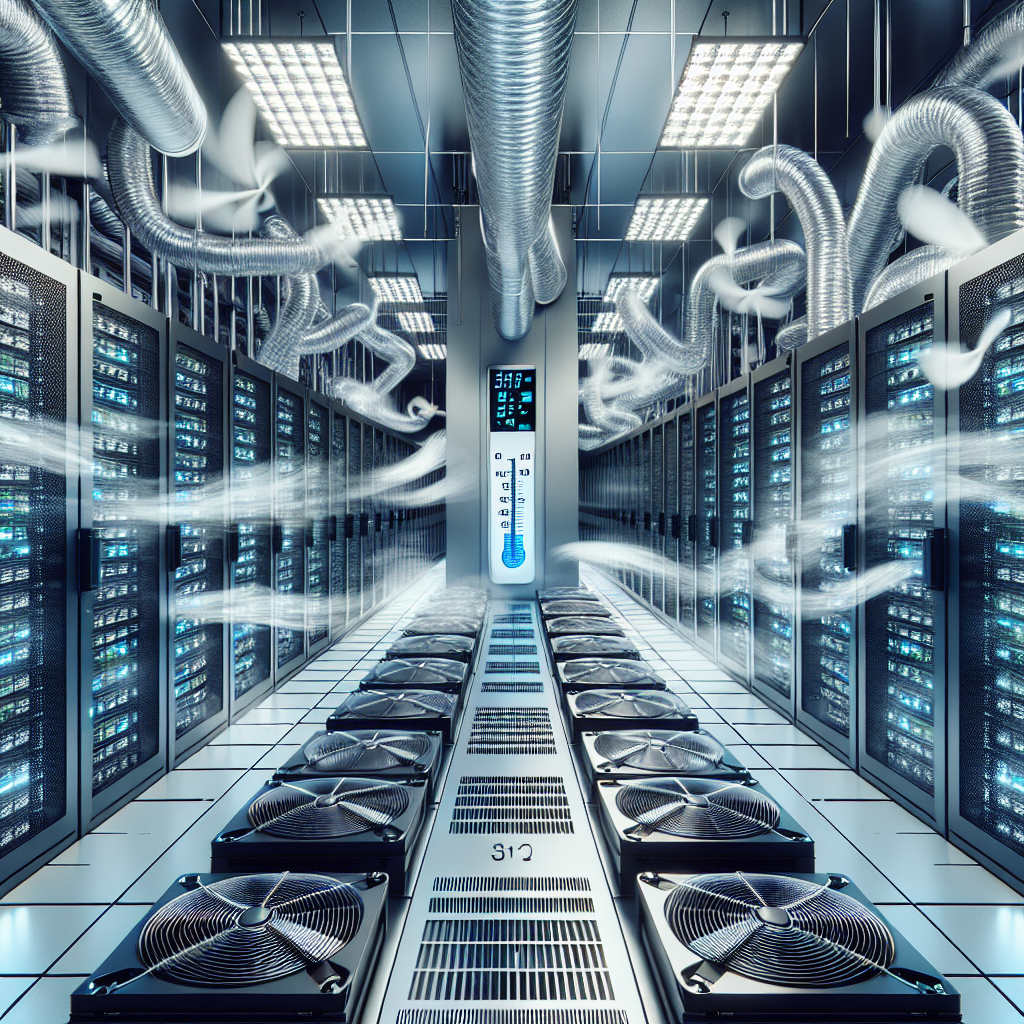Data centers are the backbone of modern businesses, hosting the servers and networking equipment that power everything from email communications to e-commerce transactions. However, all this technology generates a tremendous amount of heat, which can significantly impact the performance and reliability of the equipment. This is where HVAC (heating, ventilation, and air conditioning) systems play a crucial role in ensuring that data centers operate efficiently and reliably.
The primary function of HVAC systems in data centers is to regulate the temperature and humidity levels to provide a comfortable and stable environment for the equipment. Data centers typically operate at temperatures between 60-80 degrees Fahrenheit, with humidity levels between 45-55%. Any deviation from these optimal conditions can lead to equipment malfunction, data loss, or even system downtime.
To maintain these conditions, data centers are equipped with sophisticated HVAC systems that are specifically designed to handle the high heat load generated by the servers and networking equipment. These systems typically consist of precision air conditioning units, computer room air handlers, and chillers that work together to cool the air and remove excess heat from the environment.
One of the key challenges in data center operations is managing the heat generated by the equipment, especially as the demand for processing power continues to increase. As more servers are added to the data center, the heat load also increases, making it essential to have a robust HVAC system in place to keep the temperature under control.
In addition to cooling the air, HVAC systems also help to maintain the cleanliness of the data center environment by filtering out dust, dirt, and other contaminants that could potentially damage the equipment. By circulating clean, filtered air throughout the facility, HVAC systems help to ensure that the servers and networking equipment operate at peak performance.
Another important function of HVAC systems in data centers is to provide redundancy and backup in case of system failures. Data centers are typically designed with multiple HVAC units and cooling zones to ensure that if one system fails, there are backup systems in place to prevent overheating and downtime. This redundancy is essential for maintaining the reliability and availability of the data center infrastructure.
In conclusion, HVAC systems play a critical role in the operation of data centers by regulating temperature and humidity levels, removing excess heat, and maintaining a clean and controlled environment for the equipment. As the demand for processing power continues to grow, the importance of reliable and efficient HVAC systems in data centers will only increase. By investing in high-quality HVAC equipment and regular maintenance, businesses can ensure that their data centers operate smoothly and efficiently, without the risk of overheating or downtime.

Leave a Reply
You must be logged in to post a comment.